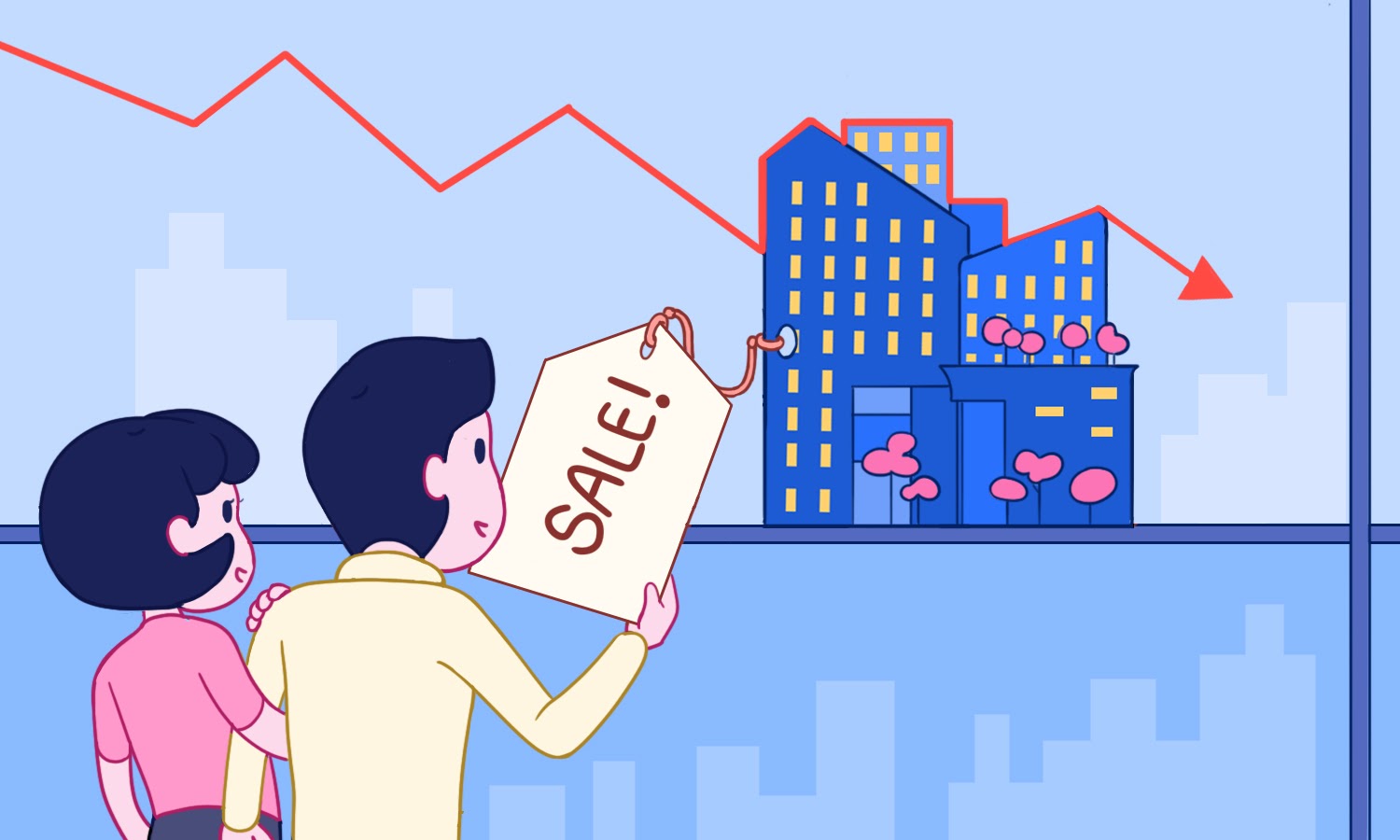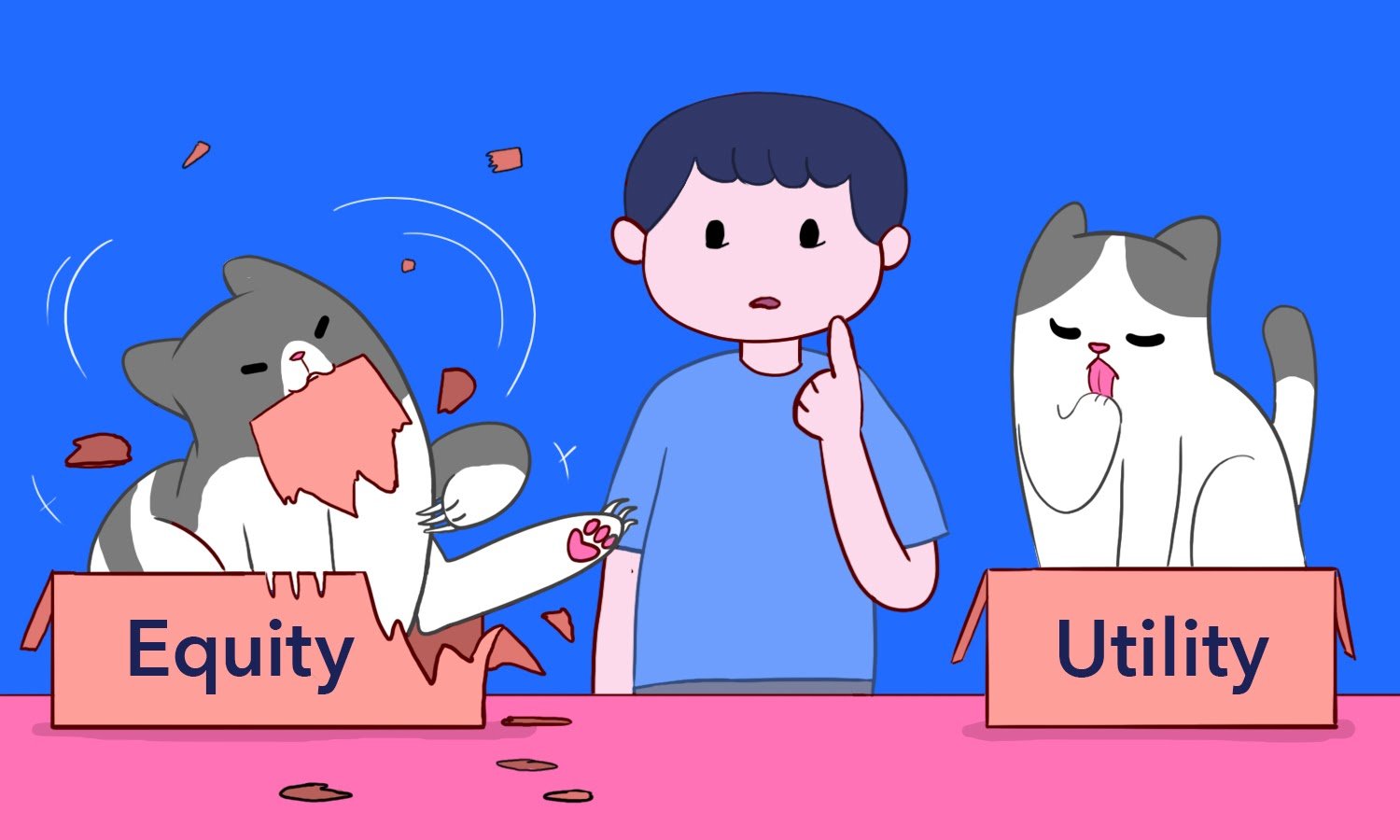In 1993, my parents dropped a cool $300,000 on a two-bedder in Clementi, on a condo named Park West. If Park West sounds familiar to you, that’s because it went en-bloc in 2018. It no longer exists – and it is now Parc Clematis.
For the most part, I never got to live in the condo. It was a pure investment on my parents part – they never deemed themselves wealthy enough to afford a condominium. Instead, I grew up in a HDB in Jurong East (yes, last time I got no ABSD). The only time I got to see the condo was when we were in-between tenants.
Despite this, I kinda feel like this condo has taught me many, many things about finances, property and investing. Here are some I’ve plucked for you, I hope you enjoy the read.
Advertisement
Be prepared to hold your investment property through good times and bad

It’s easy to love your condo in good times. Property prices are stable. You have your job and household is dual income. Rental yield can also cover mortgage. But when rough weather starts to come in, things can take a dramatic turn.
During the 1997 financial crisis, my parents struggled to keep the condo. And I mean struggled. I remember coming home each day to my dad placating my mom to keep the condo. Rental had been $3,000 pre crisis and they had a nice friendly tenant.
That dude got retrenched, and now my parents were forced to accept a $900 offer. The new tenant was an asshole. He broke things, made late payments and was generally a rude mofo.
My parents got retrenched too. Those were hard times.
My parents got retrenched too. Those were hard times.
My mom was the more emotional of the two. Tired of dealing with the drama and loss (rent failed to cover the mortgage) She wanted to let go of the condo at almost 40 percent off what they had bought it for.
Fortunately, my dad had prepared a small fund to tide them through. My parents scrimped and saved (and worked odd jobs) until they could ride out the storm.
Fortunately, my dad had prepared a small fund to tide them through. My parents scrimped and saved (and worked odd jobs) until they could ride out the storm.
Recession is the best time to shop, especially for resale
While my parents were struggling to make ends meet during the recession, an opportunistic family went into the condo, picking up multiple units from others that were unable to hold on to their properties.
Here’s the thing I learnt: in Singapore, those with holding power win out, as they don’t need to fire-sale at a loss, send it up for auctions before foreclosure, etc. They can wait until their property value recovers; in the meantime, they can easily service the mortgage, even with lower rental income or vacancies.
The casual homeowner? Not so much. Once someone’s six months emergency funds run out, they’ll become more and more desperate to offload their property. (See my mom.)
In every real estate transaction, there are winners and losers. Every time recession comes around, it’s very clear who are the winners.
Advertisement
No risk, no reward – but beware of overleveraging
 My dad only had a Diploma in Engineering. My mom didn’t pass more than three PSLE subjects. They were never high earners, but they were great savers and had an investing mindset (trust me, back then, buying property to rent out was considered quite smart).
My dad only had a Diploma in Engineering. My mom didn’t pass more than three PSLE subjects. They were never high earners, but they were great savers and had an investing mindset (trust me, back then, buying property to rent out was considered quite smart).
The risk they took to buy a condo was immense, and it was one that shocked all my relatives. How could an accountant’s assistant and a junior engineer afford a second home? But my parents did the math, calculated the rental yield, and bit the bullet.
Now, in case I sound like I’m glorifying risk-taking, I’m not. One of my mom’s friends for example, overleveraged and tried to service four condos at once. She eventually had to give all of them up, because she lost her job during the 2001 recession.
It’s about taking acceptable risk, not super over-leveraging (which is impossible to do today because TSDR*).
*Maybe. At 99.co we maintain that your monthly debt obligations should not exceed 40 per cent of your monthly income, whereas TDSR places the limit at 60 per cent. Being at the full TDSR limit can still be seen as being financially stretched.
Don’t confuse your equity with your utility
 This might sound like a very cheem sentence, but all it boils down to this: Is your property for own-stay or investment? It’s really important that you get that right.
This might sound like a very cheem sentence, but all it boils down to this: Is your property for own-stay or investment? It’s really important that you get that right.
I say this because my parents always recognised that their condo was an investment – an equity play, not a place they LIVED in. They used it as a cash generating machine by renting it out, and counted on it for capital appreciation. They chose to live in their humble HDB instead.
I see many Singaporeans in their 20s or 30s locking up alot of their net worth in the place they live. They do this by buying the LARGEST POSSIBLE HOME they can with their budget.
This is still okay-ish if you live in a condo, where prices actually have some hope of appreciating, but if you lock it up in an expensive $900,000 HDB, that’s a financial disaster waiting to happen.
Because that actually leaves a lot of capital unused – the opportunity cost is tremendous.
Remember:
Own stay is own stay.
Investment is investment.
Get. It. Right.
4 days ago · 5 min read · Source: 99.co (11 mar 2020)
Advertisement
